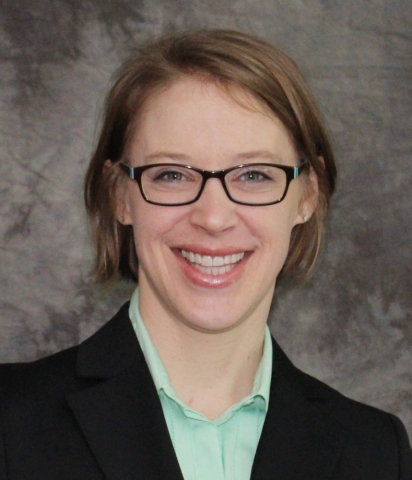
Date:
Location:
Speaker:
Abstract: Proteins can provide therapeutic functions simply not possible with small molecule drugs, but
their large size and folded structure present critical challenges in terms of delivery, stability and
activity. We take advantage of protein size, structure and the ability to interact with other
proteins to create therapeutic protein materials via self-assembly routes not available for small
molecules. The ability to control assembly of therapeutic proteins is essential to manipulating
the final physical properties of the material, ensuring retention of protein activity, and directing
the interactions between materials and cells. The main goal of our work is to create materials
made directly from therapeutic proteins and apply these to vaccines, cancer, and autoimmune
diseases. In each case, we apply a rational protein design strategy and perform extensive
characterization to understand the structures formed, their dynamics and stability, and how to
tune the material properties for specific applications.
Bio: Julie Champion is the William R. McLain Endowed Term Professor in the School of Chemical &
Biomolecular Engineering at Georgia Institute of Technology. She earned her B.S.E. in
Chemical Engineering from the University of Michigan and Ph.D. in Chemical Engineering at the
University of California Santa Barbara. She was a NIH postdoctoral fellow at the California
Institute of Technology. Dr. Champion is a fellow of the American Institute for Medical and
Biological Engineering and has received awards including American Chemical Society Women
Chemists Committee Rising Star, NSF BRIGE Award, Georgia Tech Women in Engineering
Faculty Award for Excellence in Teaching, and Georgia Tech BioEngineering Program
Outstanding Advisor Award. Professor Champion’s current research focuses on design and self-
assembly of functional materials made from engineered proteins for applications in immunology,
cancer, and more recently, biocatalysis.



